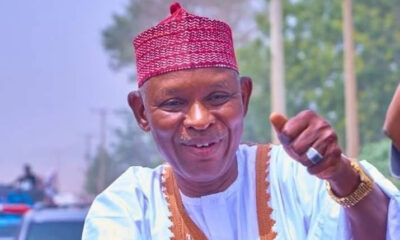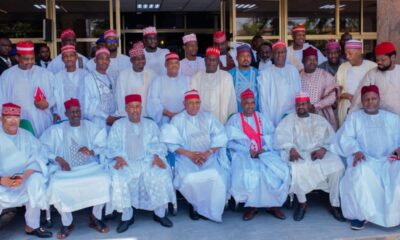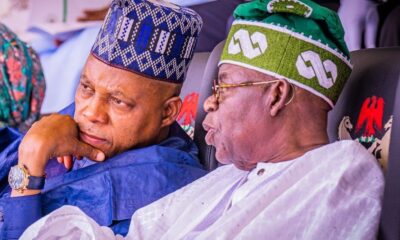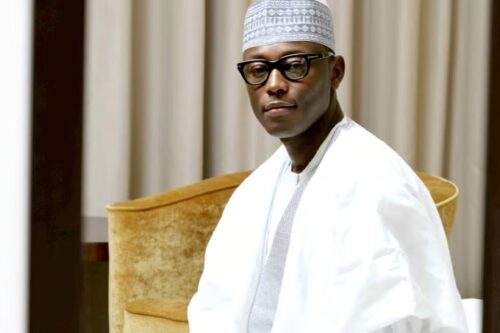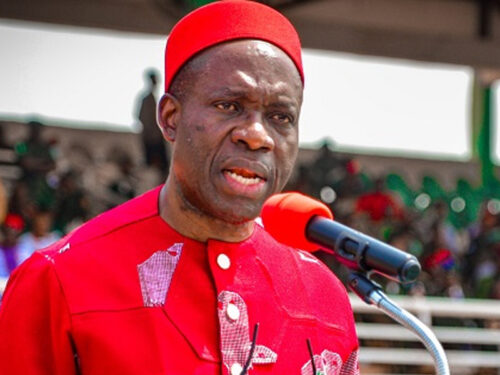Zainab Ahmed, minister of finance, says unless Nigeria achieves a very strong third quarter 2020 economic performance, the country may slide into recession.
Ahmed disclosed this at the opening of a five-day interactive session on the 2021-2023 Medium Term Expenditure Framework (MTEF), and Fiscal Strategy Paper (FSP), held on Thursday in Abuja.
The interactive session was organized by the house of representatives committee on finance, chaired by James Faleke, the lawmaker representing Ikeja federal constituency.
Ahmed, who was represented by Clement Agba, the minister of state for finance, said the COVID-19 pandemic had put further pressure on Nigeria’s foreign exchange.
He said the COVID-19 pandemic resulting in the crash of global oil prices among other economic factors had adversely affected the nation’s economy, with the Gross Domestic Product growth for Q2 most likely to be negative.
The World Bank had in July warned that the collapse in oil prices resulting from the COVID-19 pandemic was expected to plunge the Nigerian economy into a severe economic recession, the worst since the 1980s.
The global bank had stated this in its latest Nigeria Development Update.
Agba had read out a written presentation by the Minister of Finance, Budget and National Planning, Mrs. Zainab Ahmed, titled ‘Draft 2021-2023 MTEF/FSP: Presentation to the House Finance Committee.’
The minister said the Nigerian economy faced serious challenges in the first half of 2020 with the microeconomic environment significantly disrupted by the pandemic.
The document partly read, “The impact of these developments is about 65 percent decline in projected net 2020 government revenues from the oil and gas sector, with adverse consequences for foreign exchange inflows into the economy.
“Nigeria is exposed to spikes in risk aversion in the global capital markets, which will put further pressure on the foreign exchange market as foreign portfolio investors exit the Nigerian market.
“Nigeria’s Q2 GDP growth is in all likelihood negative, and unless we achieve a very strong Q3 2020 economic performance, the Nigerian economy is likely to lapse into the second recession in four years, with significant adverse consequences.
“In response to the developments affecting the supply of foreign exchange to the economy, the Central Bank of Nigeria adjusted the official exchange rate to N360/USD1, and more recently to N379/USD.
“The disruptions in global trade and logistics would negatively affect Customs duty collections in 2020.
“The COVID-19 containment measures, though necessary, have inhibited domestic economic activities, with a consequential negative impact on taxation and other government revenues.
“Consequently, the projections for Customs duty, stamp duty, Value Added Tax, and Company Income Tax revenues were recently reviewed downwards in the revised 2020 budget.
“Customs revenue has generally performed close to target over the last few years, exceeding the target in 2019.”
While noting that there had been some improvement in Company Income Tax and VAT remittances, the minister said the Federal Government expected significant improvements in VAT collections with the new VAT rate of 7.5 percent.
The minister said, “Over the past five years, actual revenue performance averaged 61.4 percent.
“Some of our reforms are yielding positive results, with significant improvements between 2018 and 2019. We believe we can do more to improve revenues, especially remittances from GOEs, possibly up to N1tn per annum.”
Speaking on the key assumptions of the MTEF/FSP, the minister, among others, said, “Inflation, however, is expected to remain above single-digit over the medium term, given the structural issues impacting on the cost of doing business, including the high cost of distribution.”
On the management of the fiscal crisis, the minister noted that fiscal measures were being instituted to improve government revenue and entrench a regime of prudence, with emphasis on achieving value for money.
“The goal of fiscal interventions will be to keep the economy active through carefully calibrated regulatory/policy measures designed to boost domestic value addition, de-risk the enterprise environment, attract external investment and sources of funding, etc.,” the minister stated.
The minister noted that the draft 2021-2023 MTEF/FSP was prepared against the backdrop of a global recession and heightened global economic uncertainty.
The document further read, “The medium-term outlook for Nigeria suggests that fiscal risks are somewhat elevated, largely due to COVID-19 related disruptions, which have exacerbated structural weaknesses in the economy.
“Nigeria faces significant medium-term fiscal challenges, especially with respect to its revenues, which, if not addressed, could snowball into a debt sustainability crisis.”
Already, Nigerians are becoming agitated by the rising debt profile of the country, with the National Assembly raising concerns over external loan agreements between Nigeria and global bodies, especially the China Export-Import Bank.


 BIG STORY8 hours ago
BIG STORY8 hours ago
 BIG STORY5 days ago
BIG STORY5 days ago
 BIG STORY5 days ago
BIG STORY5 days ago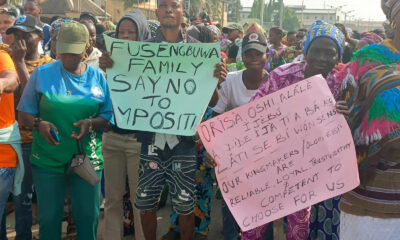
 BIG STORY4 days ago
BIG STORY4 days ago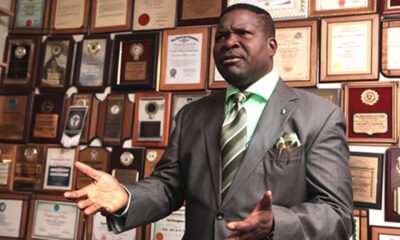
 BIG STORY5 days ago
BIG STORY5 days ago
 BIG STORY9 hours ago
BIG STORY9 hours ago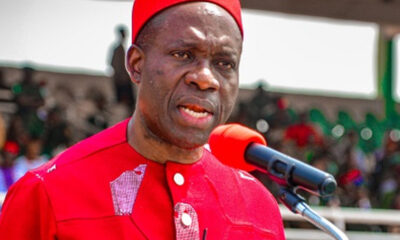
 BIG STORY13 hours ago
BIG STORY13 hours ago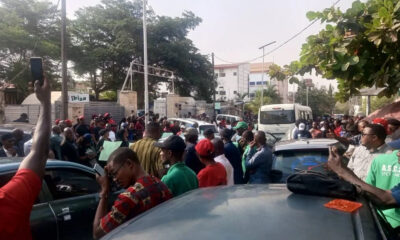
 BIG STORY15 hours ago
BIG STORY15 hours ago






